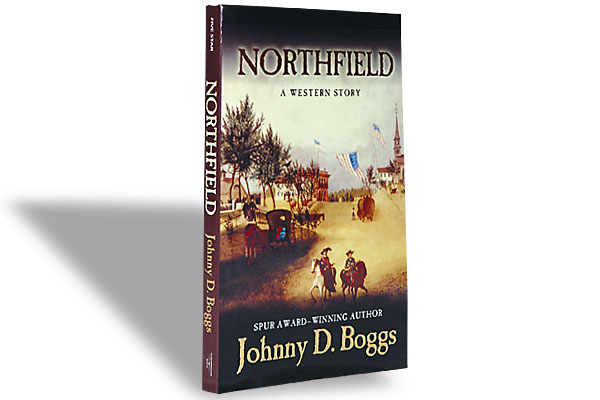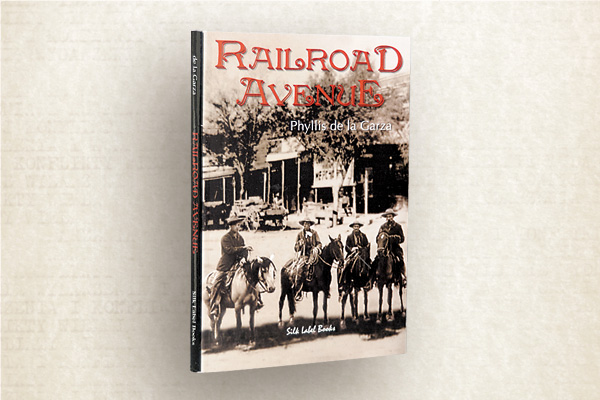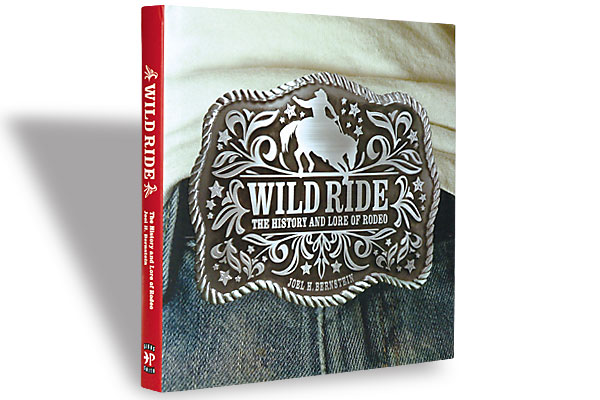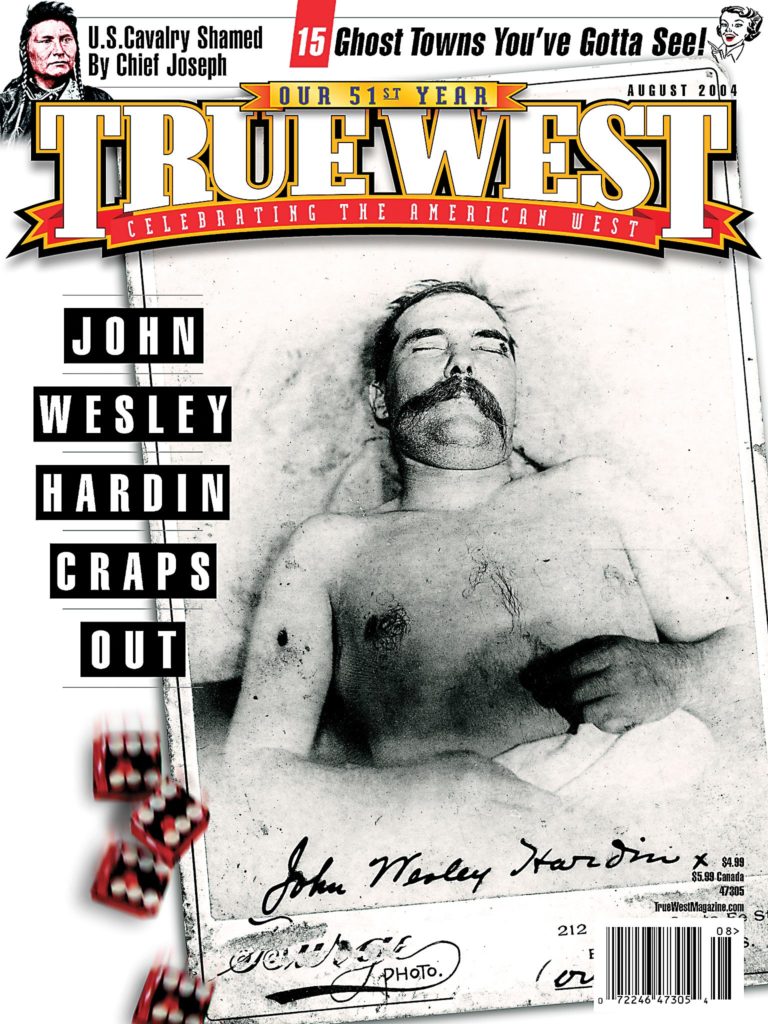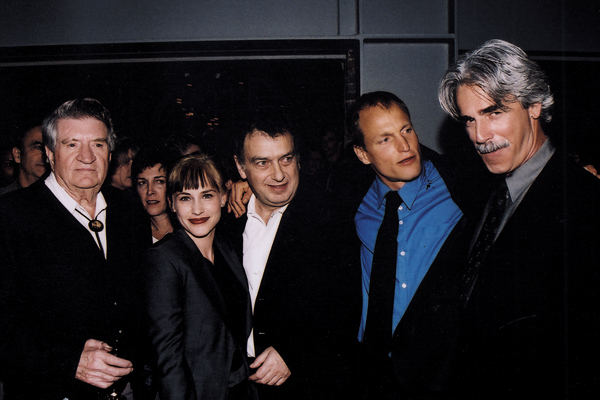 Cotton Smith is a right-brain guy.
Cotton Smith is a right-brain guy.
He paints. He draws. He develops creative ad and marketing campaigns. He has written poetry, plays, short stories, even a musical. He takes time, though, to watch a young granddaughter play soccer, participate in activities for the Boy Scouts of America, serve as the newly elected vice president of Western Writers of America, ride horses and collect Kachina dolls and Western and Indian artifacts.
And he writes Western novels: Brothers of the Gun; Behold a Red Horse; Pray for Texas; Dark Trail to Dodge; The Thirteenth Bullet (book one of the Texas Ranger series). In August his newest—Winter Kill—will be available from Leisure Books, and he is working on Death Rides a Red Horse, the sequel to Behold a Red Horse. The next two books in his Texas Ranger series, Stands a Ranger and The Seventh Gun, are both in progress as well.
The book he considers his favorite is “definitely the one I’m working on.” At that point, his right brain is in full control as he chases the “wonderful challenge of telling a story that hasn’t been told before, a story that many readers will find interesting.”
Cotton has pushed the envelope with his stories. The hero of Behold a Red Horse is one of three brothers; he’s the strongest of them, but a horse blinded him in an accident, making him—most likely—the first ever blind Western book character hero. In Spirit Rider, Panther-Strikes, an Oglala-raised white man, loses his Oglala wife in an intertribal raid, rejects his Indian upbringing and returns to the “white man’s world” to become an astute businessman with an understanding of Oglala spirituality, who later finds that he must return to his Oglala ways.
Although the characters in Cotton Smith’s books are for the most part traditional Western men: strong, dynamic, action-driven individuals; their motivations and mannerisms definitely break the mold of traditional Western novels. For one thing, they have and show far more emotion than the average man (in or out of a Western novel).
“My stories are centered around the wonders of the human spirit in overcoming life’s obstacles,” Cotton says. “My characters are placed in realistic, emotionally driven situations, bringing with them souls filled with concern, fear, joy and desire.” In a Cotton Smith book, it is like the right brain went on overload and Mars met Venus.
Take Rule Cordell in Pray for Texas. When his dog Texas is killed in a Civil War battle, Rule is devastated. As Cotton puts it, “Around him is all manner of death, yet losing an innocent dog brings him to his knees.” Likewise, in The Thirteenth Bullet, Time Carlow must face the fact that the town he grew up in hates him—simply because he is Irish—and deal with his best friend being ambushed because of that hatred.
In Brothers of the Gun, two men who are reared as brothers find themselves on opposite sides of a conflict that has two young children smack dab in the middle. With guns drawn, they keep you on the edge of your seat, wondering how they will wrap up the conflict. The plot twists and turns are what make Cotton Smith’s books engaging, and he admits, “There have been a number of times when the characters ‘took over’ and the story changed.” All of which adds up to great storytelling.
Candy Moulton makes her home near Encampment, Wyoming.


